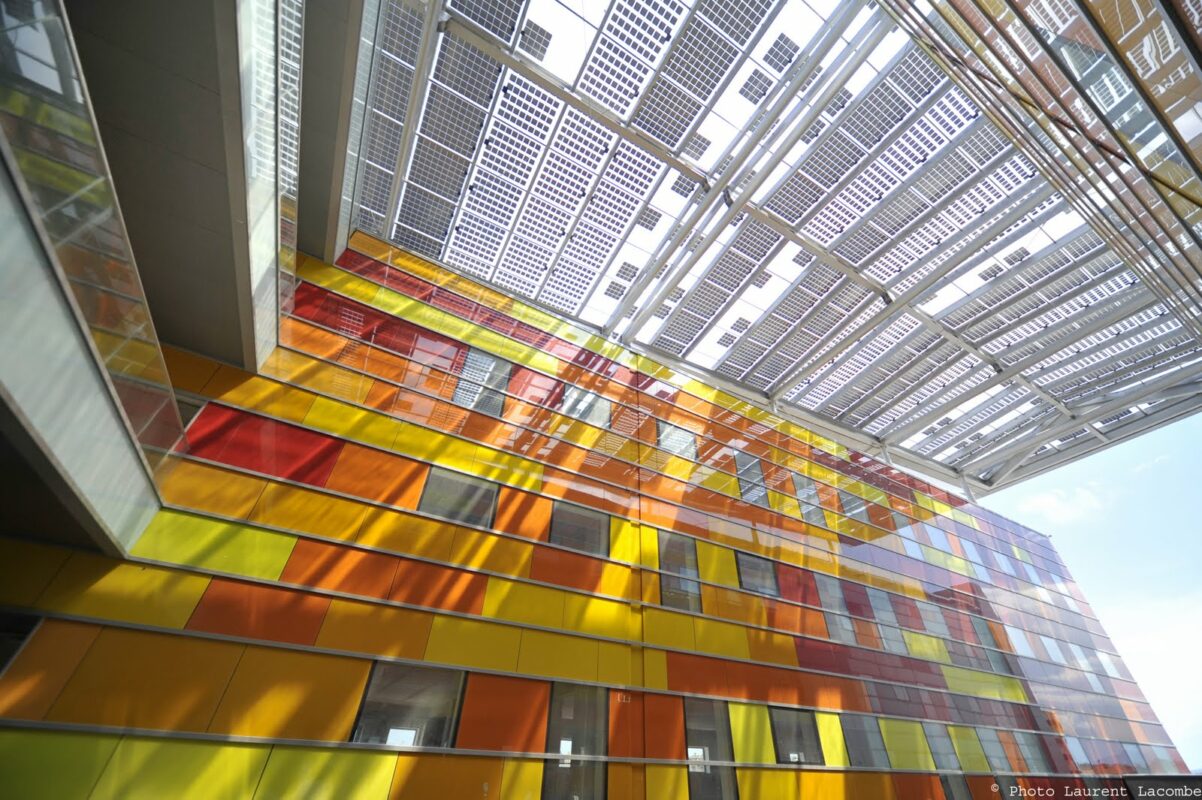
The latest SOLAR-ERA.NET funding will, among other issues, seek to promote innovation in building-integrated systems and grid integration.
UK firms are being offered a share of the latest release of European solar PV research and development funding, which can be used for new building integrated systems (BIPV) and improved methods of grid integration of PV power.
The SOLAR-ERA.NET project works across 11 countries to develop next generation solar systems, promoting collaboration across different markets through joint-working. The European Commission’s latest Joint call opened on Monday (5 December) with four areas of focus.
In addition to ‘innovative and low-cost PV manufacturing issues’ and concentrated solar power (CSP) cost reduction and system integration, the project is seeking ways to decrease the cost of PV power going on to the grid as well as fund advanced BIPV products and applications.
The Cofund Joint Call document, released by Innovate UK which will administer the scheme in the UK, outlines that the PV system integration element of the programme should seek an approach using ‘a combination of load management/self-consumption, power management of the distributed PV generators and storage systems and dispatchable flexible capacities’.
It is also calling for the development of design tools for the sizing of storage power as a function of PV power, load demands and share of controllable loads; e-infrastructure to support system integration services and a stable grid system; and the development of better battery management systems.
All the demonstrations of these solutions, which if successful will be taken to prototype stage in an operational environment, should be realised on a grid where the PV penetration may exceed 50% in terms of annual energy consumption.
Within the focus on innovation in BIPV systems, SOLAR-ERA.NET is seeking developments in ‘dimensional and outlook flexibility with customised sizes, shapes and colours; freeform module technology, and bifacial solar cells and modules, electrical design for energy output optimisation’.
It is also seeking to foster a holistic approach to energy performance, as well as developments in the ease of installation of these products.
In order to be put forward for the funding, which will be awarded in October 2017 following a series of proposals rounds, UK applicants are required to check Innovate UK if the project idea fits within the national constraints, at least before submitting a pre-proposal.
In addition to these project content requirements, an application will only be eligible if it consists of a minimum of two partners from two different countries participating in the framework. While the project consortia may involve as many partners as necessary to successfully deliver it, at least one must be from industry.
Innovate UK is stumping up £455,000 towards the project, while a grant limit of €300,000 (£252,680) has been set for a UK partner in any single project, which will be limited to a duration of three years.
The previous incarnation of the project has successfully provided funding to UK firms Solar Capture Technologies and Johnson Matthey, who have worked with companies in Sweden and Spain to develop toughened glass encapsulant for light weight PV modules.
Speaking earlier this year about the value of the SOLAR-ERA.NET project in fostering collaboration and innovation, Solar Capture Technologies’ production manager Ian Baistow said: “We wouldn’t be able to develop a better glass system for our modules without the project”.
The deadline for submitted pre-proposals to the latest SOLAR-ERA.NET funding is 20 February 2017 before a full proposal round begins on 6 April.

